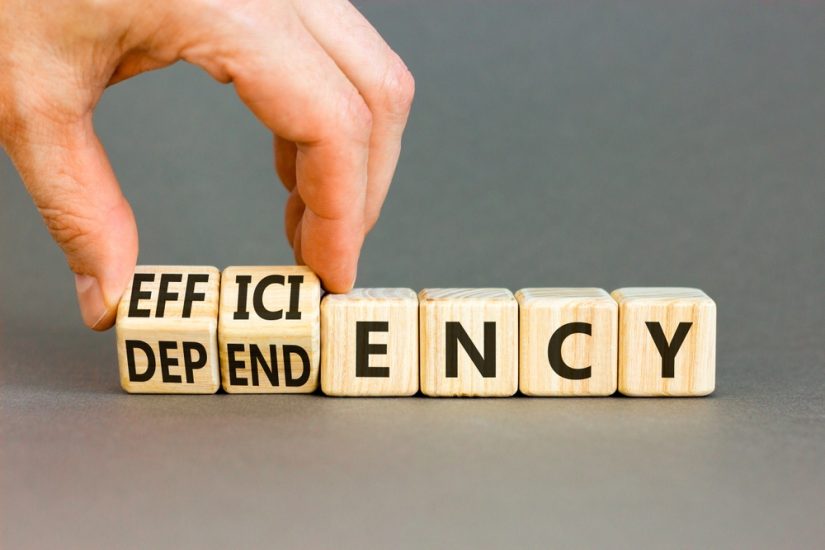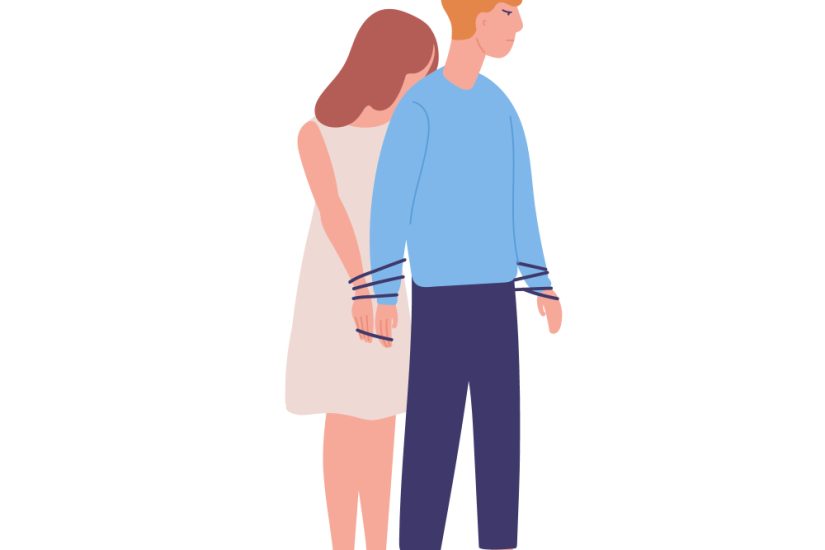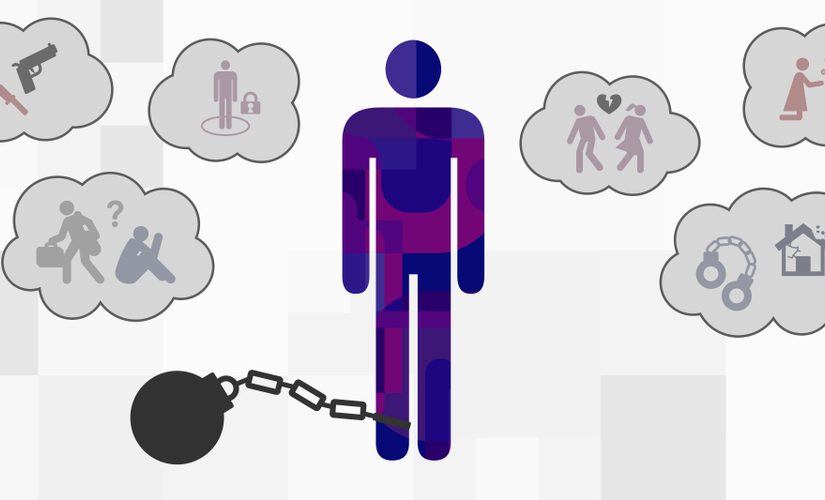- June 22, 2023
- by Shalini Murmu
- Dependent Personality Disorder
What may seemingly be an idyllic relationship can gradually turn into a nightmare if emotional dependence becomes a part of it. What’s the harm you may ask. While dependence on a partner may initially seem harmless, it can evolve into emotional abuse, leaving lasting scars on the victim’s mental and emotional well-being. The thing is emotional dependence and abuse are like two peas in a pod. They go hand in hand. Let’s understand the signs and treatment required if your partner or someone close is possibly having a dependent personality disorder.
What Is An Emotional Dependency?
It is that need for excessive reliance on another person for emotional validation, support, and identity. It goes much beyond any healthy interdependencies, where individuals support and lean on each other in a balanced manner. In cases of emotional dependence, a person’s self-worth and happiness become inextricably connected to the approval and presence of their partner, leading to an unhealthy dynamic.
In the beginning, it may all seem too normal but as emotional dependence intensifies, it paves the way for emotional abuse to take root. The perpetrator may exploit the dependent partner’s vulnerabilities, manipulate their emotions, control their actions, and erode their self-esteem. Signs of emotional abuse can be engaging in gaslighting, belittling, isolating, and other toxic behaviors, causing immense psychological harm.
Can Constant Emotional Dependency Be Due To Dependent Personality Disorder?
Yes, constant emotional dependency can indeed be associated with Dependent Personality Disorder (DPD). Dependent Personality Disorder is a psychological condition that is known to have an excessive need to be taken care of by others and an intense fear of separation or abandonment. People with DPD often rely heavily on others for emotional support, decision-making, and a sense of security. Does this sound familiar to what your partner or close friend may be having? However, they may also have difficulty making independent choices, be assertive, and may feel helpless or distressed when alone.
Dependent Personality Disorder Symptoms
- Having a submissive or clingy behavior
- Trouble making important decisions
- Excessive need for reassurance and approval
- Fear of abandonment
- Lacking self-confidence
- Avoiding taking up personal responsibilities
- Difficulty expressing disagreement
- Strong desire to please others
- Struggle to start or maintain projects independently
- Feeling uncomfortable or helpless when alone
Be guided to mental health recovery with us.
How To Overcome Dependent Personality Disorder And Emotional Abuse?
- Seek professional help: Consult with a mental health professional who specializes in personality disorders. They can provide a proper diagnosis, and develop a personalized treatment plan, and therapy for dependent personality disorder.
- Psychotherapy: CBT and psychodynamic therapy effectively treat dependent personality disorder, promoting self-awareness, coping, and assertiveness. This can also improve self-esteem and help overcome emotional dependency.
- Develop self-awareness with an emotional abuse therapist: Gain a deeper understanding of your dependency patterns, triggers, and underlying beliefs that contribute to your reliance on others. This self-awareness can help you identify areas for growth and change.
- Establish boundaries: Learn to set and maintain healthy boundaries in relationships to limit dependency and set free of the cycle of emotional abuse. Practice assertiveness skills to express your needs, opinions, and preferences while respecting the boundaries of others.
- Enhance self-esteem: There are chances of forming PTSD from emotional abuse. During such a phase, focus on building self-esteem and self-worth. Celebrate your strengths and accomplishments and engage in activities that promote personal growth and confidence. If the PTSD signs are extreme, seek a specialist to curb them.
- Gradual exposure to independence: Challenge yourself to gradually take on more responsibilities and make decisions without relying on the other person. Start slow with smaller tasks or choices and gradually work your way up, gaining confidence along the way.
- Develop a support network: Surround yourself with supportive and understanding individuals who can provide encouragement and guidance for a dependent personality. Get help joining emotional abuse support groups where you can connect with others who are facing similar challenges.
- Challenge negative thoughts: Recognize and challenge negative self-talk and beliefs that contribute to your dependency and worsen your emotional state. Replace them with positive and realistic thoughts that promote self-empowerment and autonomy.
- Be patient and kind to yourself: Dependent personality disorder treatment and recovery from emotional abuse takes time and effort. Be patient with yourself, acknowledge your progress, and practice self-compassion throughout the journey.
North America Behavioral Health Service Guiding the Way to Mental Health Recovery
Embark on your mental health recovery journey alongside NABHS, your trusted mental health companion! We’ll steer you through the challenging waters of dependent personality disorder and emotional abuse, linking you with top-notch mental health centers and experts in personality disorders through our comprehensive online resources. We are dedicated to empowering your growth, and resilience, and transforming you into your better self. Together, we’ll navigate the journey to a brighter future!















